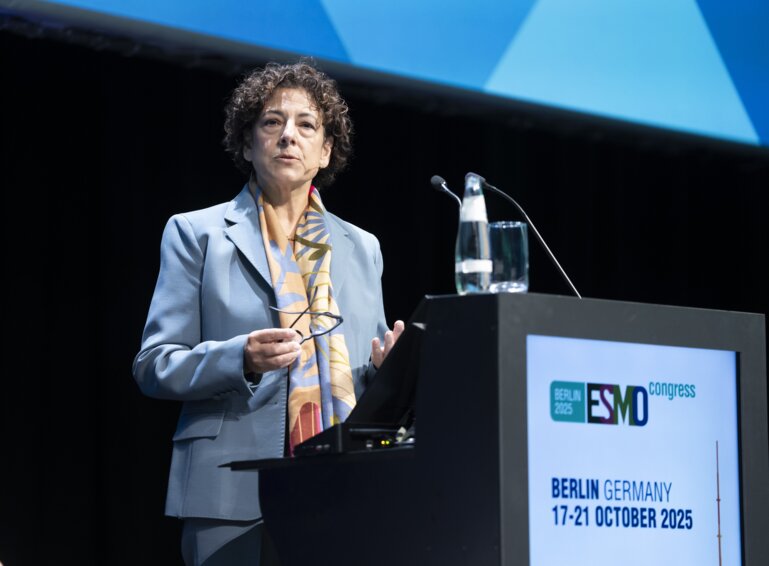A nurse-led follow-up strategy including self-management interventions, use of patient-reported outcomes and phone consultations also resulted in lower fear of recurrence, anxiety and depression
A personalised nurse-led follow-up programme for women with stage I-II breast cancer after completion of primary treatment, and which required their active participation on a regular basis, was associated with an increased quality of life (QoL) compared to that reported with standard follow-up visits, according to the results of a phase III randomised controlled trial conducted in a single centre in Denmark (J Clin Oncol. 2024 Mar 18:JCO2301447).
The MyHealth study involved 503 women with early breast cancer who were randomly assigned to the control group (n = 252) or the intervention group (n = 251). In the control group, patients had a regular follow-up with biannual visits in the oncology outpatient clinic including unstructured symptom assessment for breast cancer recurrence and late effects and physical examination, and extra consultation with a physician was provided when new relevant symptoms occurred between scheduled appointments. In the intervention group, the follow-up strategy consisted of a self-management intervention, regular reporting of symptoms using patient-reported outcomes (PRO) questionnaires, and support in symptom management and navigation. The programme was delivered by five experienced oncology nurses, who had received specialised training, and managed phone contacts with patients, without scheduled visits with a physician.
A significant higher breast-cancer specific QoL, the primary endpoint, was reported in patients receiving the nurse-led programme at all time points of PRO collection compared with patients in the control group: 6 months (mean difference, 4.37 [95% CI, 2.67 to 6.08]), 12 months (mean difference, 4.71 [95% CI, 3.00 to 6.42]), 24 months (mean difference, 5.05 [95% CI, 3.30 to 6.79]), and 36 months (mean difference, 4.91 [95% CI, 3.13 to 6.70]).
Among several secondary outcomes which were evaluated in the study, decreased fear of recurrence, symptoms of anxiety and depression were observed in women participating to the nurse-led follow-up programme throughout the 3-year follow-up. Also, researchers noted that replacing regular visits with nurse-led telephone consultations did not impact on the volume of diagnostic imaging performed during the follow-up period.






